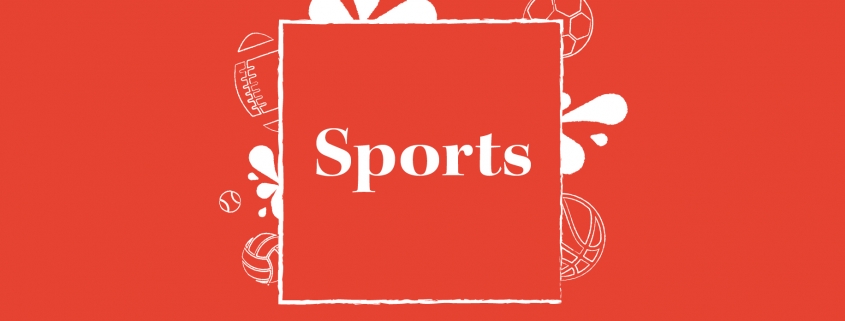Athletes in Arms: Labor protection laws are needed for college athletes
With an extra Monday off every September, what’s not to love about Labor Day? The country’s labor force appreciates the holiday, but Labor Day does not receive the recognition that other federal holidays like Memorial Day see. Having a day off of work was a central goal of labor unions over a century ago, along with eight hour work days, child labor laws and myriad other regulations to prevent workers from being exploited.
This Labor Day, it dawned on me that there is a group of nearly 500,000 workers whose labor is still exploited by a billion-dollar cartel in the United States. Despite the immense amount of money in college sports, the NCAA still tries to keep money out of the hands of its athletes.
USC collects more than $100 million per year in revenue from athletics, with $60 million coming from just the football team. Any university should pay the athletes who generate that revenue, considering it would be a drop in the bucket for schools like USC, already the second-largest private employer in Los Angeles.
The NCAA often argues that student-athletes are paid with an education. However, it does not mention that only six specific sports on each campus have the ability to give out athletic scholarships that cover the full price of tuition. Sports like football are allowed to give out 85 scholarships per active roster at programs like USC, which can cover the majority of the team. Other sports, like men’s volleyball, can only award 4.5 scholarships per roster to a team of about 20 players. As a result, many student-athletes, like myself, have to pay thousands of dollars to play for their teams.
Aside from the number of scholarships handed out, those scholarships are often contingent on players staying academically eligible. Being a full-time student and a full-time athlete is already taxing enough on the mind and body. An expectation of giving it all on the court then turning around and doing the same in the classroom creates an unhealthy balancing act that student-athletes have to maintain for four years.
In addition to the refusal to pay athletes directly, the NCAA also prohibits student-athletes from making money off their own name, image and likeness. Although men’s volleyball and football are vastly different sports on many fronts, we are both forced to sign the same compliance forms from the NCAA every year. In contracts as lengthy and complex as Apple’s terms of service, student-athletes are essentially offered the option to let the NCAA profit off them or to not play their season.
This exploitation of student-athletes by the NCAA has occurred for decades, but developments such as the current pandemic and recent legislation indicate a lot could be changing for college athletes.
ESPN’s Stephen A. Smith explained on “First Take” that if all students return to campus, college football can resume business as usual. However, if a university moves to an all virtual model, “the student-athletes who show up — their employment status is enhanced. As a result, you don’t get to call them amateurs. You don’t get to rob them and screw them over like you’ve been doing for decades.”
Smith continues by saying that because of this lack of care and leadership from the NCAA and universities, he expects student-athlete unions to come to prominence. These unions, like those that have come before them, are advocating for better workplace conditions and compensation from the institution exploiting their labor.
College athletes’ voices will be heard by not only the NCAA but now lawmakers, as California became the first state to pass legislation protecting them. The Fair Pay to Play Act, which passed unanimously in the California State Senate and Assembly last year, allows for student-athletes to profit off their name, image and likeness starting in 2023.
Dismantling the rent-seeking nature of the NCAA has gained bipartisan support in an increasingly divided political climate. It appears now that this will be the norm in coming years as 16 other states have introduced similar legislation to empower student-athletes in achieving what they rightly deserve.
By no means do I dislike being a student-athlete. College athletes have incredible resources to support us, which I am very much grateful for. However, when administrators are earning generous salaries from athletes who would lose eligibility over accepting a dollar for an autograph, I can’t say this is acceptable to anyone.
History has seen that those in power will exploit workers if there are no protections given to them. The United States can expect this exploitative behavior from the NCAA to continue until it takes the work of student-athletes more seriously. At the end of the day, the everyday rec-league player and an elite college athlete should not both have to say they are “amateurs” in their sport.
Liam Schroeder is a junior writing about sports, social justice and student-athletes. He is also a middle blocker on the USC men’s volleyball team. His column, “Athletes in Arms,” runs every Thursday.

